

A jury’s decision means the city of New Bedford, Mass. does not owe the $2 million in damages sought by ABC Disposal. | Zolnierek / Shutterstock
The city of New Bedford, Mass. has won its years-long dispute with waste management company ABC Disposal over recycling fees.
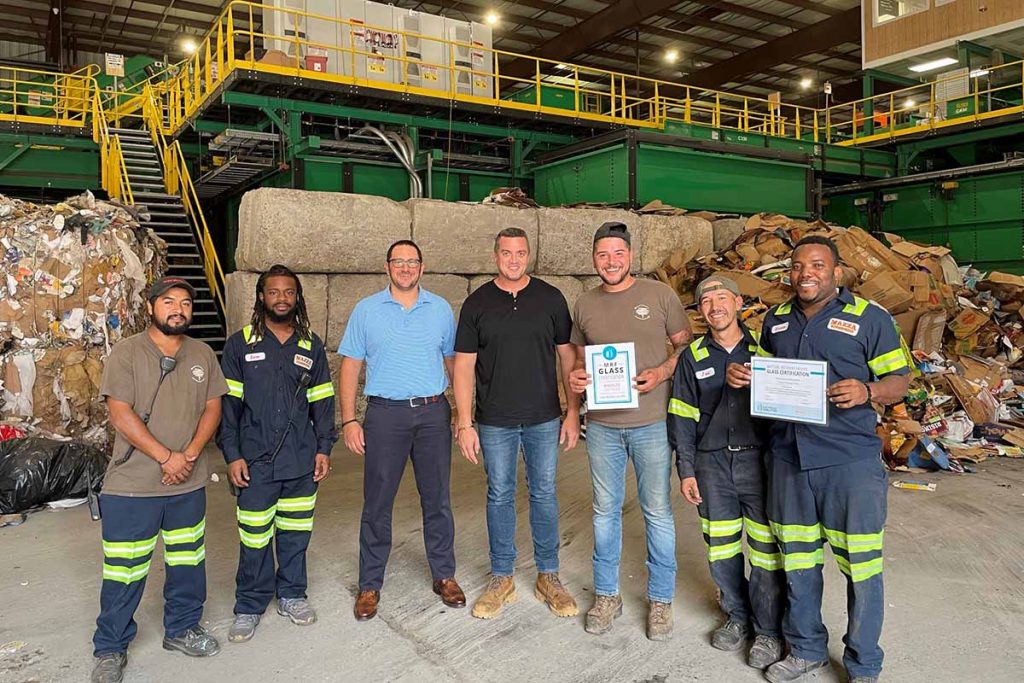
Staff of Mazza Recycling Services proudly feature their bronze MRF glass certificate from the Glass Recycling Coalition. | Courtesy of the Glass Recycling Coalition
The MRF Glass Certification Program has recognized sorting facilities in Pennsylvania and New Jersey for their glass recovery efforts.
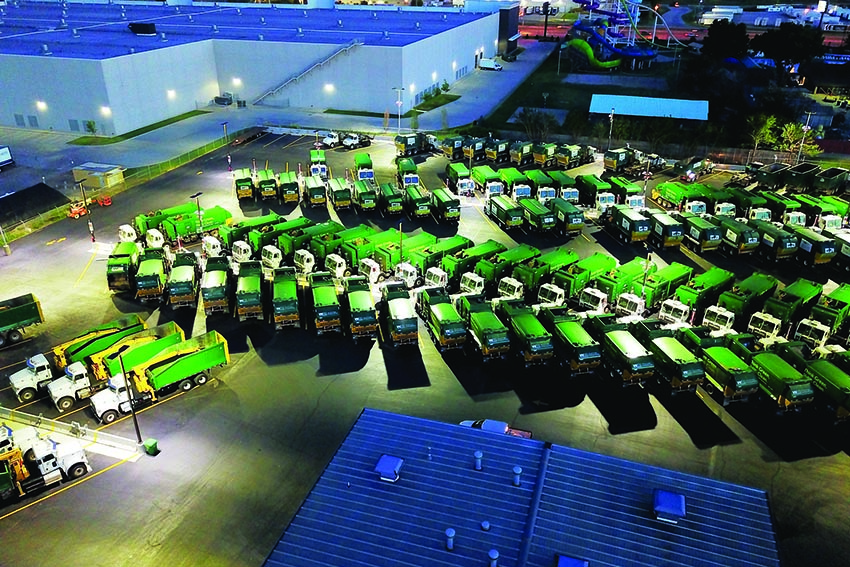
Waste Management’s overall recycling collection dropped slightly from 2019 to 2020. | Courtesy of Waste Management
A report from Waste Management describes how the pandemic shifted the composition of the curbside stream from paper to plastic last year. The document also provides insights into the company’s domestic market expectations and recycling investments.
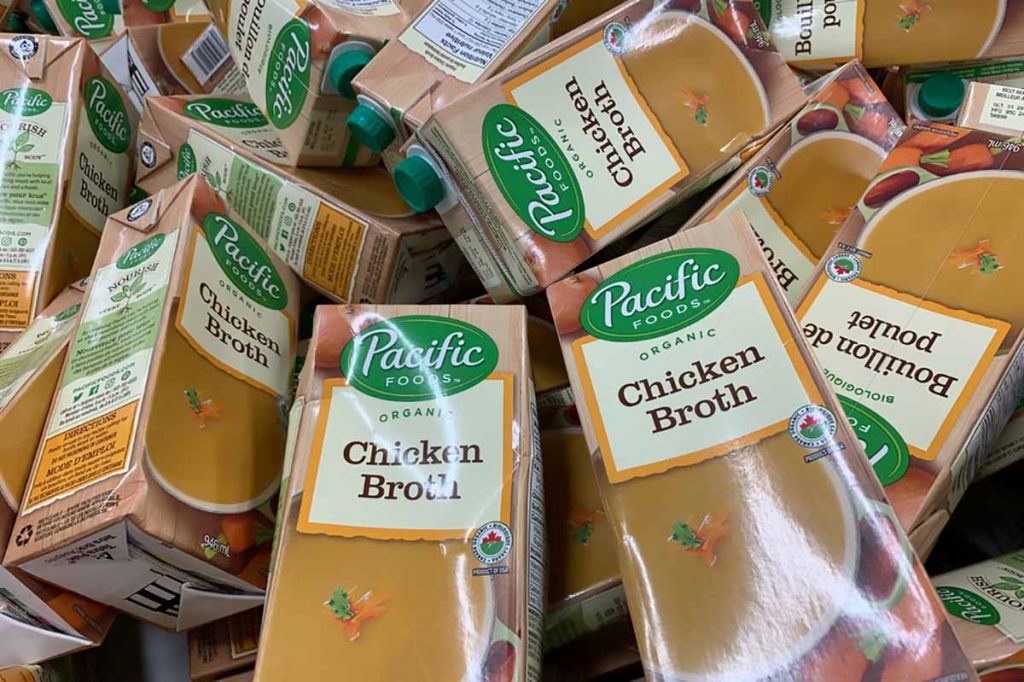
Food and beverage cartons are not accepted in curbside recycling in a number of large municipalities in Massachusetts. | Velour Noire / Shutterstock
When MRF operators sat down with Massachusetts Department of Environmental Protection officials in 2018 to develop a non-mandated accepted recyclables list, cartons didn’t make the cut.
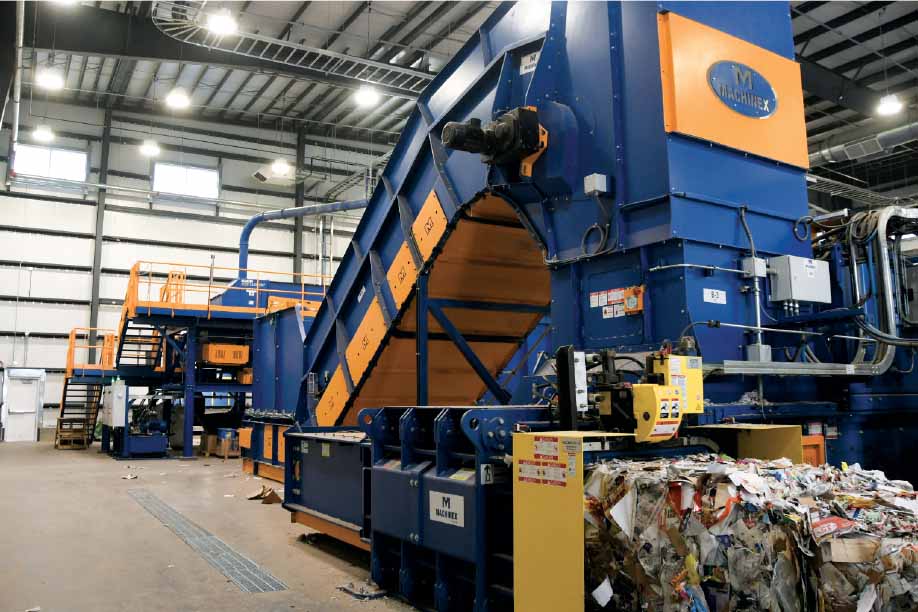
The Lethbridge MRF sorts and bales recyclables from 30,000 single-family houses and over 2,500 multi-family units.
A MRF in Canada’s Alberta province was built with future growth in mind.
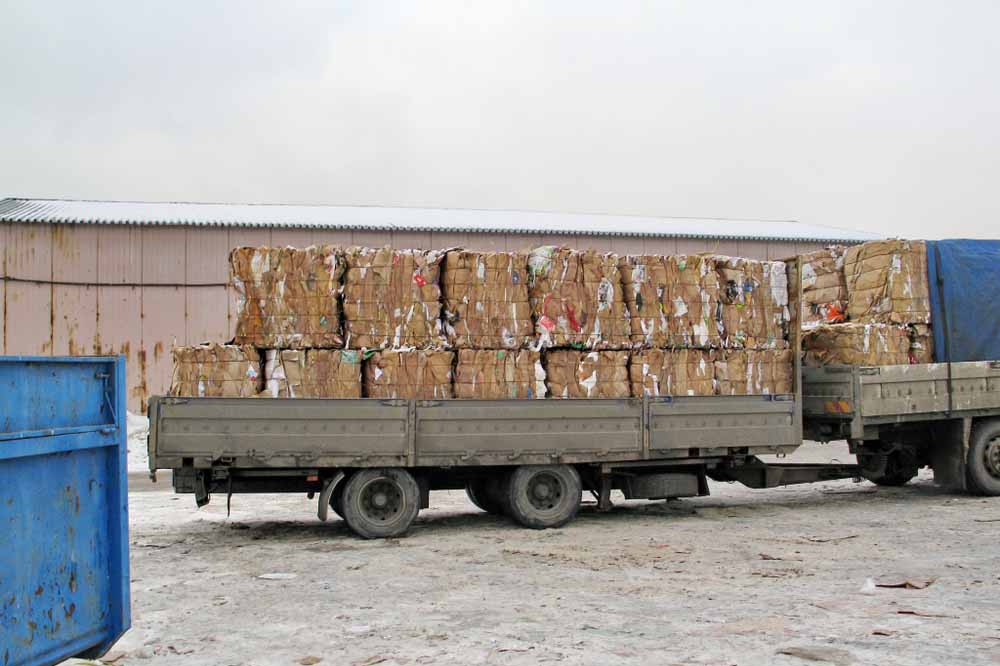
OCC makes up about one-quarter of outbound tons from MRFs, according to NERC’s formula. | mann7429/Shutterstock
Northeastern MRFs say the recyclables they produced during the second quarter were worth more than they were during the first three months of the year.
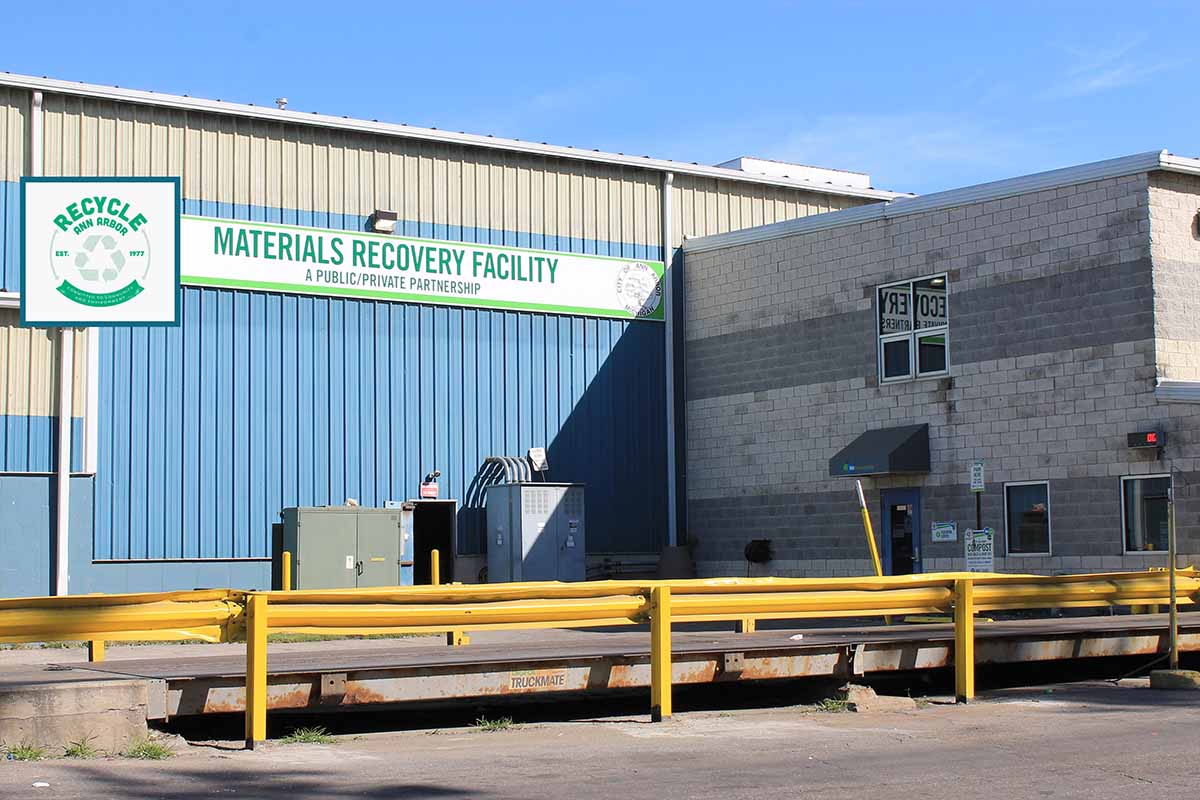
Recycle Ann Arbor secured $6 million in financing to essentially rebuild the MRF, which was first constructed as a dual-stream facility in 1995 and was retrofitted for single-stream sorting in 2009. | Courtesy of Recycle Ann Arbor.
Economic uncertainty is a given in recycling right now, but Recycle Ann Arbor has two points of stability beneath the facility project it’s pushing forward: Processing costs are covered, and fiber bales have a guaranteed home.
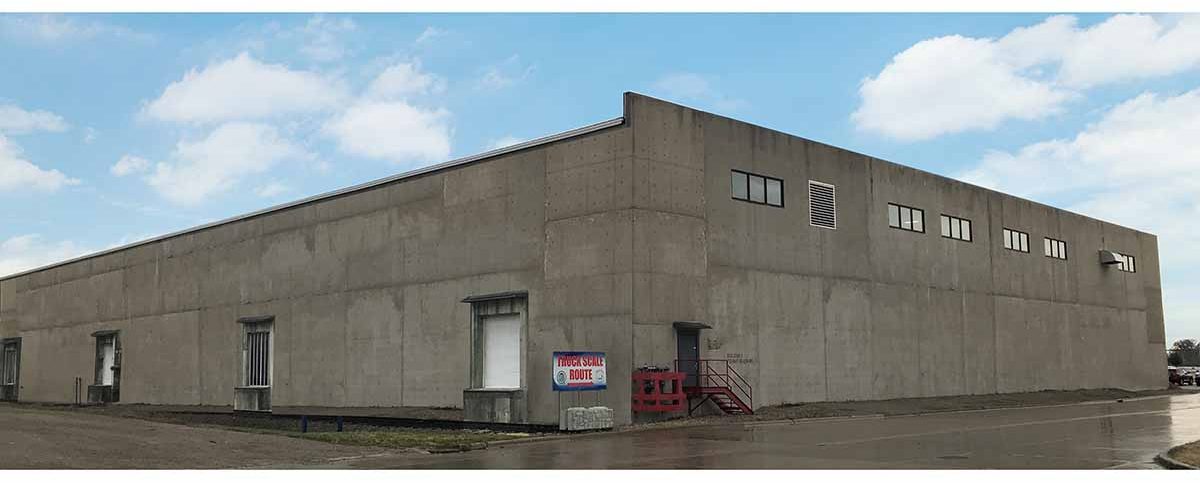
Quincy Recycle plans to start up the 64,000-square-foot facility early next year.
Quincy Recycle has opened its eighth recycling facility to handle material from back-of-house commercial and industrial settings, underscoring opportunity in these areas despite a pandemic-driven decline in commercial material generation.
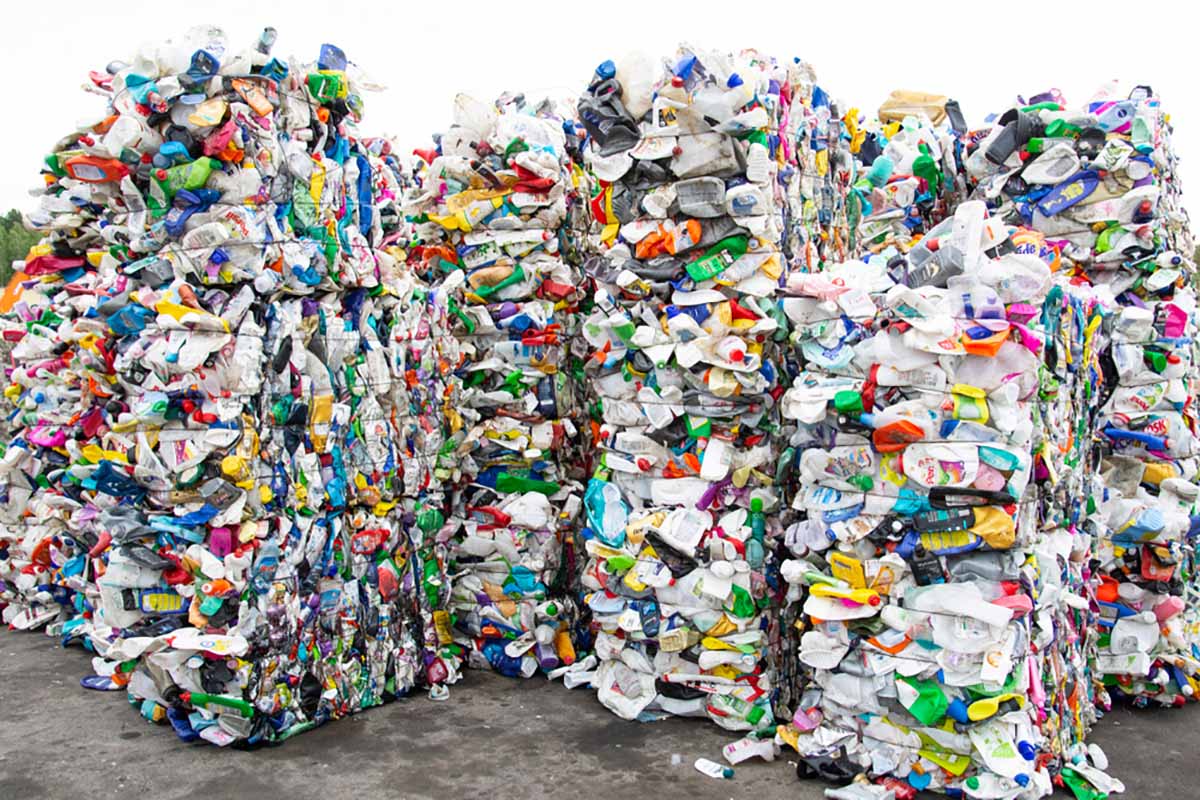
Waste Management issued its September 2020 “Report on Recycling” to identify gaps in U.S. plastics recycling infrastructure, among other goals. | Natallia Boroda/Shutterstock
A recent report from the nation’s largest waste and recycling hauler outlines MRF infrastructure and reviews the current state of reclamation capacity for key recovered plastics.
